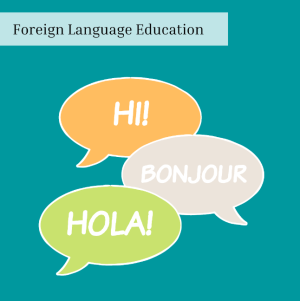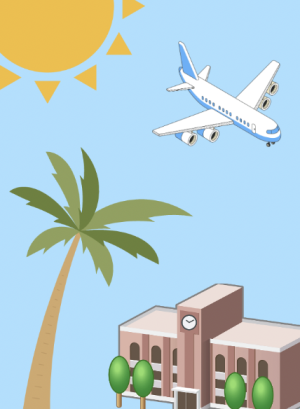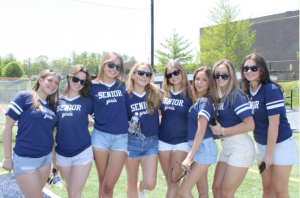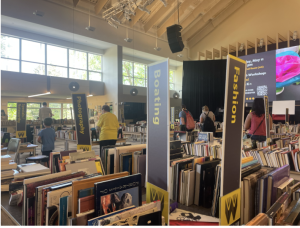The Language Architect: Alex Mussomeli embraces challenges to develop new language
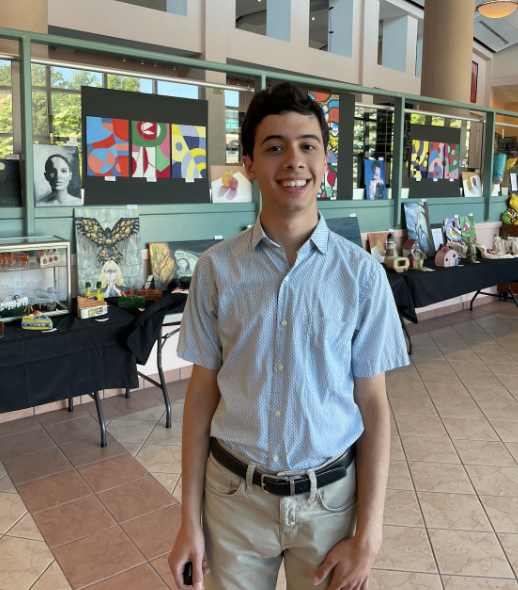
Alex Mussomeli ’23 plans to continue exploring, adding and researching for his language after the internship ends.
“Ciao,” “hola,” “bonjour” and “guten Tag;” these words carry familiar echoes of human connection and interaction across diverse ranges of cultures and countries. Many speak their familiar language daily with little thought toward the generational effort to create and grow the languages we know today. However, Alex Mussomeli ’23 took notice.
For Mussomeli’s senior internship, he embarked on a strenuous journey to create a brand new language, “Nekitsa”, meaning “True Speech.” With the help of his site supervisor, Italian professor Louisa D’Amore, Mussomeli began creating new letters, numbers and a number system, tenses, verbs and more, all while applying important grammar and linguistic rules. Despite the millions of choices to be made while crafting a language, a daunting task for most, Mussomeli has remained enthusiastic, eager to learn and delighted to share his knowledge.
“It’s kind of always just been a hobby for me,” Mussomeli said. “I know how complicated languages are and it’s just really exciting to be able to really have this very raw experience of creating one […] because really, there’s so much unique stuff that goes into one language.”
In order to begin constructing, Mussomeli began exploring languages ranging from Japanese and Albanian to Arabic and Uzbek.
“I know some of the languages I’ve looked at make an unorthodox combination, but I think what I have so far actually sounds really nice,” Mussomeli said. “I’m also taking inspiration from other languages in terms of their grammar. So for instance, I’ve been looking at some fusional languages like Italian, but at the same time, I’ve also been looking into the languages inspired by phonetically such as Uzbek, Turkish and Japanese because they have such different grammatical aspects that we don’t really have in English at all.”
Mussomeli quickly realized that there are a lot of considerations that eventually form a language. He concluded that most languages are influenced by the cultures surrounding it, yet he felt eager to set his language apart.
“English was influenced by French and Latin and then also in the modern day, it was influenced by other languages that immigrants brought to the US,” Mussomeli said. “But, the thing about my language is that it is not going to have any connection to just here. The end goal with this language is to be spoken on a very different continent with very different cultures.”
Throughout the planning process, Mussomeli continued to demonstrate an inclusive and open mind while piecing together sounds and the meaning behind specific sounds. After countless hours of work, he recently finished the morphology of the language, which refers to the way words are pierced together. Mussomeli plans to utilize root words for the basis of the language with additional suffixes and prefixes. As the journey in developing the language continues, he’s made it incredibly clear that he is passionate about the language being widely spread and easily accessible to anyone and everyone who is interested.
“The thing about language is that it’s really just a universal tool or means of communication, but it’s also so much more than that,” Mussomeli said. “It’s a means of understanding different groups of people and also understanding a group of people whose vote might not exist […] I think when we’re able to consider things like that, it increases our empathy […] I want my language, if it ends up really becoming something big, to really just impress, and well also, make people think about things in a very new way.”
Mussomeli’s unique internship would not be possible without the help of his site supervisor, Italian professor Louisa D’Amore. Mussomeli knew D’Amore would be an incredibly supportive and helpful mentor. D’Amore is an experienced Italian speaker with a strong background in linguistics and is currently getting her master’s in TESOL (Teaching English to Speakers of Other Languages).
“He’s unbelievable and has gotten so much more done than I thought he would,” D’Amore said. “I think already on day two had something like 20 pages of notes, and now he’s got to have over 100.”
In addition to building an entire language, Mussomeli, joins a few of D’Amore’s classes weekly. He aids discussions, answers questions and teaches some of his language to the classes.
“Besides the fact that he is incredibly helpful to our class in general,” Keira Best ’24, a classmate in D’Amore’s three honors class, said. “Hearing about his language definitely further intrigued my interest in linguistics.”
Mussomeli is still figuring out whether his language will be a dead or spoken language, yet steers into the unknown with an open mind and excitement.
“What kind of excites me about this language is how it really just shapes up to be something else, because there’s just so much that goes into it and you have to remember that upon one building block, another building block is created,” Mussomeli said. “So in that sense, it sort of makes you kind of like a child with an artistic pursuit. With that artistic pursuit, you can really start to create something unique.”
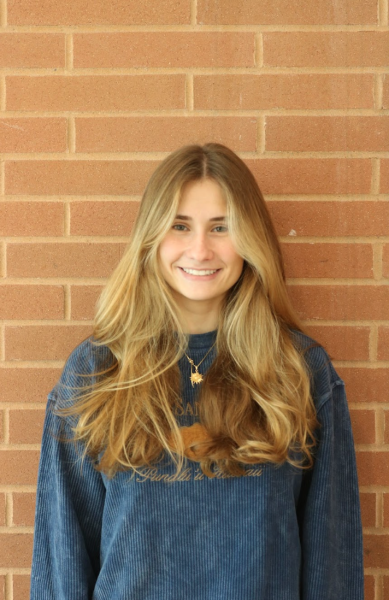
Paper Managing editor Taila Varsano ’24 is no stranger to managing. She is a social media manager for a company called “Total Sense.”
“I get...












































